NYC Targeting Strip Clubs By Going After Their Liquor Licenses
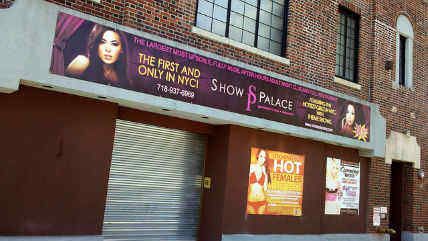
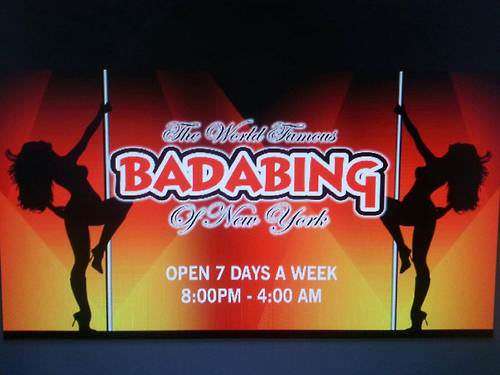
In an industrial part of the Bronx known as Hunts Point, Giuliani-era zoning restrictions helped carve out a sort of mini red light district. But recently the city has been passive-aggressively targeting the area's strip clubs by going after their liquor licenses, according to The New York Times.
The move is part of a broader citywide crackdown on the strip club industry:
In the last several years, community leaders have found increasing success petitioning the State Liquor Authority to revoke the liquor licenses of numerous strip clubs in New York and deny the applications of new clubs. The opponents cite crime, noise or other quality-of-life issues, or highlight a club owner's lack of qualifications or possible criminal ties.
In other words, community leaders are trumping up charges and relying on insinuations in order to use the state to shut down businesses of which they disapprove. It's an old trick, but apparently still an effective one (cities tend to be all too happy to find reasons to shut down strip clubs, anyway).
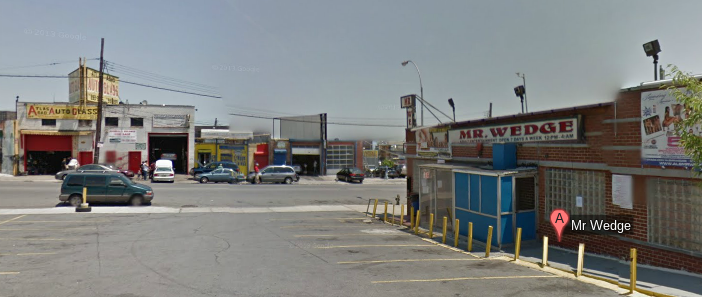
According to the Times, some clubs have continued to operate sans alcohol—which does, as a result of other bizarre strip club regulations, have the advantage of allowing dancers to be fully nude. "But the resulting loss of customers makes clear that the presence of alcohol is far more important than the absence of pasties," the Times notes cheekily.
Alcohol prohibition also zaps a major source of revenue for both clubs and dancers (who at many clubs rely on earning a percentage of the price of drinks that customers buy them). Bronx community leaders are, of course, delighted by this. "They can't make any money if they don't have a liquor license," Rafael Salamanca, the district manager of Bronx Community Board 2, gloated to the Times.
Going after their liquor licenses is easier in some cases than others, however. For clubs where violence and trouble haven't manifested, the city is seeking out increasingly obscure and technical reasons to deny or revoke alcohol privileges. The club Platinum Pleasures had its liquor license revoked because it failed to surrender it while temporarily shut down for construction and for receiving $126,880 from "an unidentified interest." The New York Supreme Court upheld the State Liquor Authority's decision to revoke the license last week (the building may now become a church).
"I feel like we're being censored," said Jeff Levy, the executive director of the Association of Club Executives of New York, a trade and advocacy organization for the industry. "Just because the community board or legislators don't like this type of entertainment doesn't mean it's wrong."
Community group and politicans cite increased crime and other nuisances in areas surrounding adult entertainment venues. But research on the issue has been mixed. While studies funded by city governments and values groups do tend to find correlations between strip clubs and crime, numerous studies have also shown the opposite. For instance, a 2004 Florida study found "rates of nude and semi-nude businesses" in various counties were not associated to increased property crimes, violent crimes, or instances of rape.
University of California-Santa Barbara professor Daniel Linz, who has done substantial research on the issue, says there are problems with many of the studies that do purport to show huge crime increases in areas around sexually-oriented businesses. "Those studies that are scientifically credible demonstrate either no negative secondary effects associated with adult businesses or a reversal of the presumed negative effect," he told Salon in 2012. "We've done crime map after crime map after crime map of many cities and there just aren't clusters of crime around [strip clubs]. Most crime in most cities tends to occur around high schools."

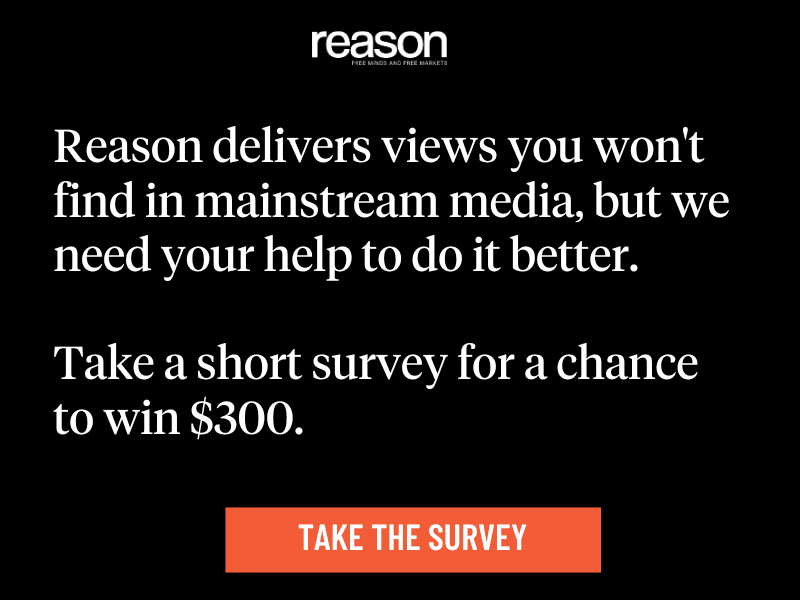
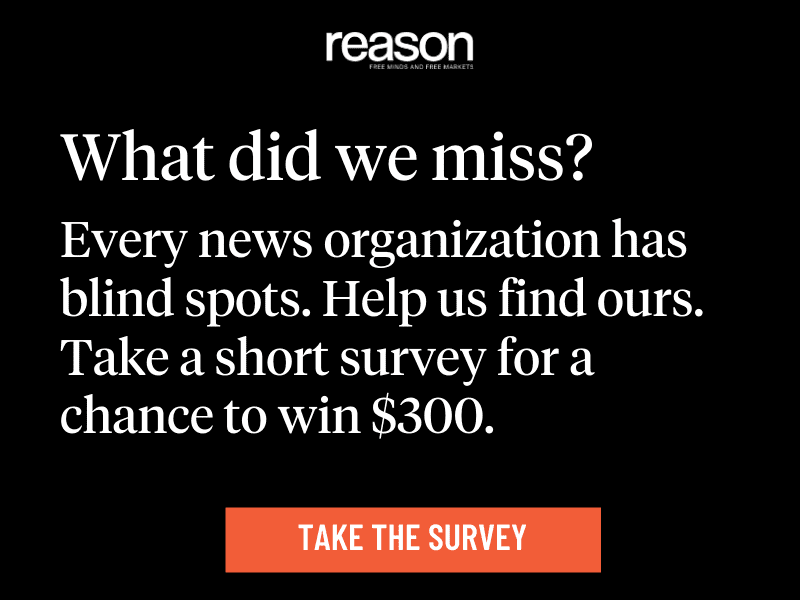

Show Comments (43)